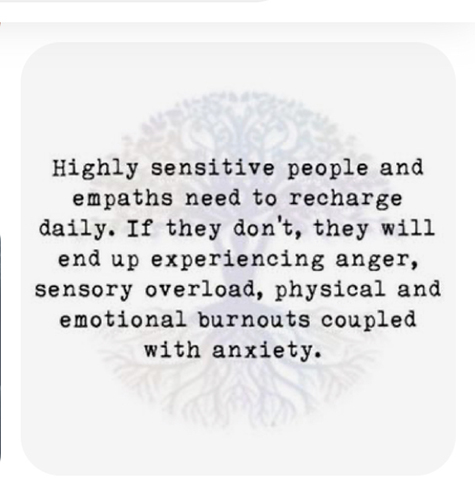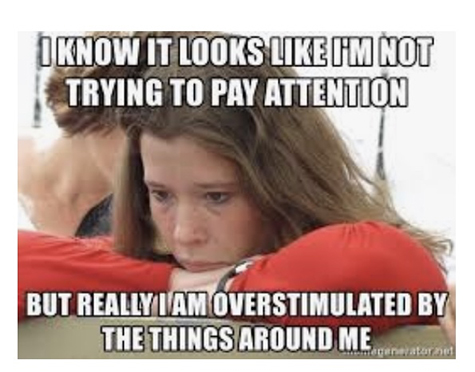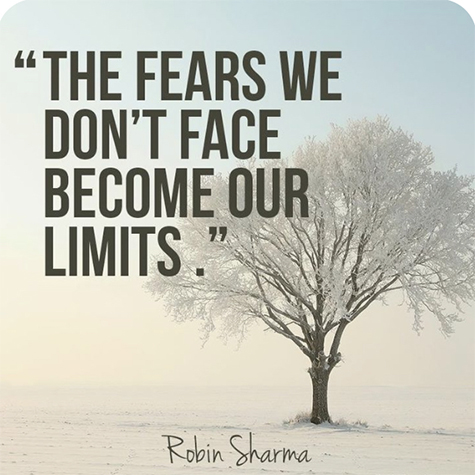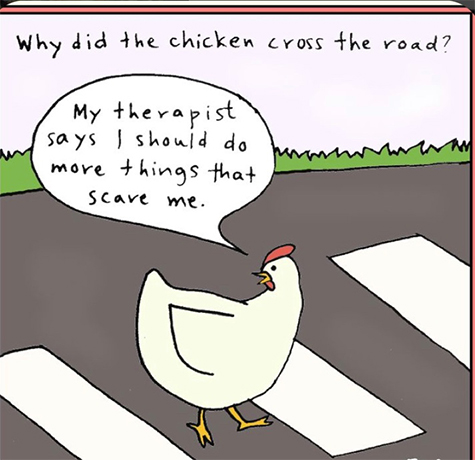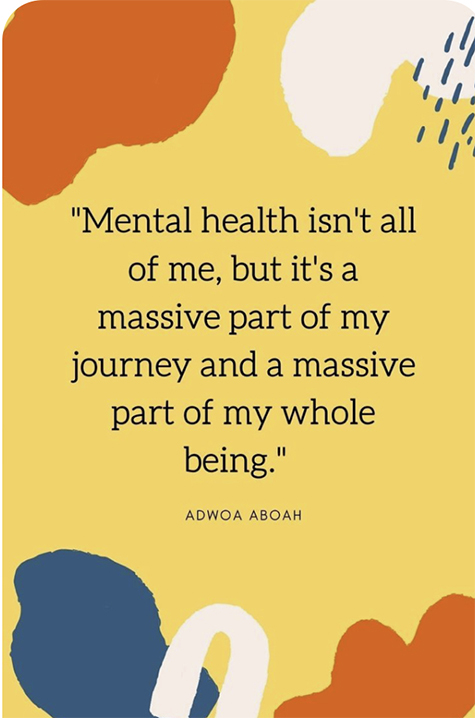CONNECTIVITY
Last weekend was the New York City marathon — an event where runners and spectators from all over the world come to support one another in a 26.2 mile challenge. Spectators crowd the edge of the streets and cheer for their loved ones, the loved ones of the strangers standing next to them, and other random runners that are inspiring to watch. The runners crowd the running lanes and cheer each other, stop to help tired runners, and pause to take a dance break with the crowd or give a hug/kiss to a loved one. There are even virtual spectators and runners participating from their own locations. It is encouraging and exciting to see so many people from all walks of life feeling connected by this race.
In DBT we hold what is called a dialectical worldview. One of the principles of dialectics is that everything is connected, like waves in the ocean. While each wave individually crashes on the shore, they are each part of the larger ocean.
It is so common to identify differences within our society. Differences of people, perspectives, preferences, etc. Differences are important and should be appreciated. They are what make each and every one of us unique!
At the same time, in a world of identified differences, we sometimes overlook similarities. Acknowledging and accepting similarities is one of the ways that we can develop awareness of our connection. This week we encourage you to spend some time thinking about similarities between yourself and others. This could be between you and your co-worker, peer, teacher, family member, grocery store cashier, or a stranger that you pass on the street. See if you can identify how you are connected through commonalities with others.
For some, connection may prompt happiness and increased mindfulness of the present moment. For others, connection may prompt fear or uneasiness. If you observe fear in the presence of connection, take some time to think about what you are fearful of and see if you can check the facts of the fear. Consider if practicing opposite action would be effective.
In addition to exploring connectivity through an awareness of similarities, think about other steps you could take to feel connected. This does not necessarily have to be a connection between you and another person. It could be with nature, a hobby, a mindfulness moment, etc. What is something else you could do this week to prompt feeling connected?
WORDS OF WISDOM

MEME OF THE WEEK
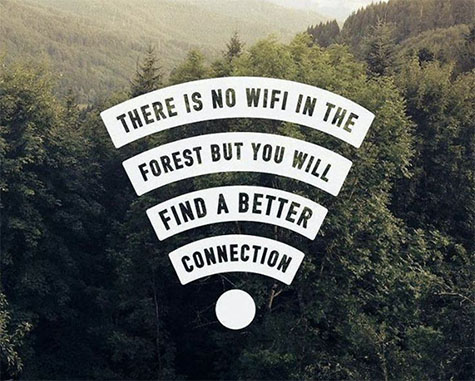
TED TALK
PODCAST
No Coincidence No Story by thisamericanlife.org
BOOK OF THE WEEK
(Click below to Purchase Book)

ACTIVITY
Bridging Generations to Create Meaningful Connections
Having someone to talk to makes all the difference













